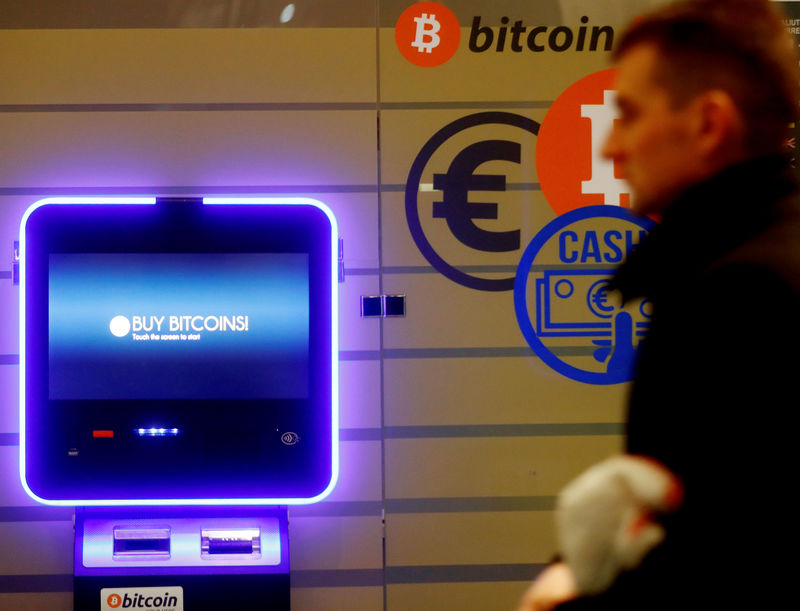© Reuters. Bitcoin (virtual currency) coins are seen in an illustration photograph taken at La Maison du Bitcoin in Paris July 11, 2014. REUTERS/Benoit Tessier/File Photo
By Huw Jones
LONDON (Reuters) – The European Union reached a provisional agreement on Thursday to improve the way national authorities work with each other to combat money laundering, including in the cryptocurrency sector.
Representatives of EU states and the European Parliament reached the agreement in negotiations that concluded in the early hours of Thursday, with the aim of ending the current different national approaches to combating money laundering.
“This will ensure that fraudsters, organized crime and terrorists will have no room to legitimize their profits through the financial system,” Vincent Van Peteghem, finance minister of Belgium, which holds the EU presidency, said in a statement.
The agreement covers parts of a package of anti-money laundering measures that will create a new anti-money laundering authority in the EU.
Existing EU anti-money laundering rules will be expanded so that cryptoasset service providers must carry out checks on customers carrying out transactions worth €1,000 ($1,090.00) or more, and report suspicious activity. Cross-border crypto asset companies must carry out additional checks.
Dealers in luxury goods, such as precious metals, jewelers and goldsmiths, as well as sellers of luxury cars, planes and yachts, will also have to monitor customers.
Member states will also be able to include professional football clubs and agents from 2029.
There will also be an EU-wide maximum limit of €10,000 for cash payments, making it more difficult for criminals to launder money, according to the statement.
Companies that comply with the new rules must identify and verify people who carry out occasional cash transactions between 3,000 and 10,000 euros.
The new rules need formal approval from EU states and the full parliament before they become law.
(1 dollar = 0.9174 euros)










